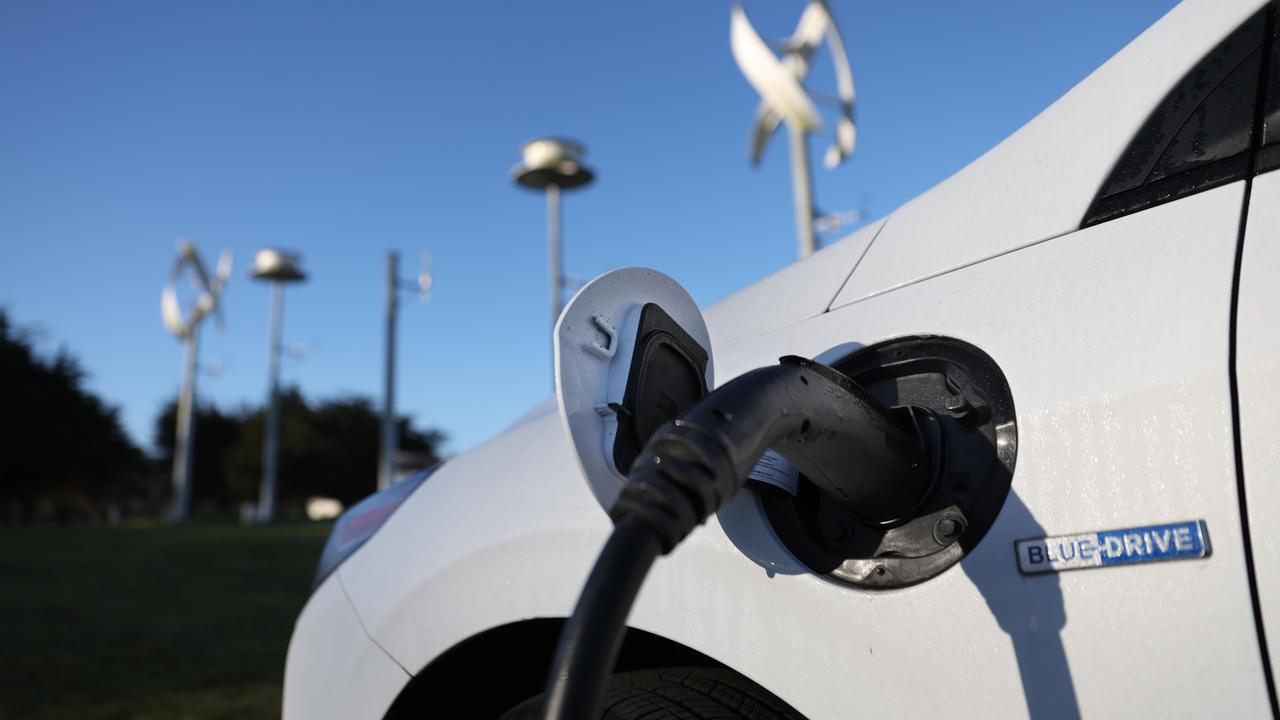
Exploring the Benefits of Hybrid Cars for Environment and Wallet
Many drivers opt for hybrid vehicles due to their lower emissions and fuel refill needs, and lower tailpipe emissions than non-hybrid models.
Hybrid vehicles save energy through lightweight materials and regenerative braking systems, but still require some energy for production; their overall emissions (known as “well-to-wheel”) depend on where electricity comes from (known as well-to-wheel).
At $3/gallon gasoline prices, it takes roughly eight years for hybrid vehicles to pay for themselves through fuel savings, but these vehicles offer many other advantages as well.
Reduced Emissions
One key advantage of hybrid vehicles is reduced emissions levels, particularly carbon dioxide and greenhouse gases that would otherwise come out of traditional fuel powered cars tailpipes.
Hybrid cars typically operate using their electric motor (depending on battery charge levels) when driving at low speeds, coasting, decelerating or coasting; their gas engine only comes into use for acceleration, climbing hills or when more power is required.
Many hybrid vehicles feature regenerative braking, which harnesses the energy created by vehicle movement to convert it to electricity that recharges your battery and reduces fuel use when charging it further cutting emissions and costs.
Hybrid vehicles typically don’t require regular emissions testing, saving both time and money. If you want to further reduce their environmental impact, plug-in hybrids may offer another viable option; you can charge it up at home before driving in zero emissions mode for longer.
Lower Fuel Consumption
Hybrid cars offer multiple advantages over their gas-powered counterparts. Regenerative braking systems capture energy lost from slowing down and use it to charge their battery; an automatic start-stop system prevents their engines from idleing at traffic lights or on long highway stretches; and they even use an energy saving mode with their hybrid batteries that capture and store this kinetic energy for later use.
Hybrid cars are quieter, making them better for city driving, while their reduced emissions help combat pollution in large cities. Plus, unlike conventional cars that need annual emissions testing for emissions testing purposes, hybrids don’t have this hassle and save both time and money!
Many drivers assume hybrid cars are expensive, yet hybrids provide significant financial savings and other advantages that help offset initial expenses. Many forward-thinking companies such as Green Business Network members My Organic Market and Patagonia provide employee hybrid benefits that eliminate price premiums; and cities and universities often provide special perks for hybrid drivers such as free or discounted parking spots.
Lower Maintenance Costs
Many hybrid vehicles may carry a slightly higher initial price point, but you could quickly recoup your investment through fuel savings and car insurance discounts over time. Furthermore, hybrid cars typically require less maintenance as there are fewer moving parts compared to their gasoline-powered counterparts.
Hybrid vehicles use both battery power and gasoline in their engine to operate, with some employing regenerative braking technology to recharge its battery using kinetic energy from its wheels. This helps improve fuel efficiency and lower emissions.
Hybrid cars may produce less harmful emissions than fully electric vehicles; however, this still allows some harmful emissions to escape through. While hybrid cars offer some relief to drivers looking for complete environmental responsibility, especially those living away from public charging stations or needing long road trips; governments offer incentives to hybrid vehicle owners such as tax credits/rebates/HOV lane access and zero or low emission zones that encourage them.
Tax Incentives
As long as your hybrid car meets certain criteria, there may be federal and state tax incentives available which could significantly decrease its upfront cost.
Plug-in hybrid electric vehicles (PHEVs) qualify for the $7,500 federal income tax credit when filing taxes depending on their storage capacity – this could help offset their higher upfront cost compared with conventional hybrids by hundreds if not thousands more than usual.
Hybrid cars can save money on maintenance costs as they use less oil than traditional gas-powered cars and require fewer repairs, making hybrid ownership rewarding for driving less and helping reduce emissions and fuel consumption. Hybrids may even give you access to HOV lanes when travelling with someone, making for smoother travel times in congested traffic conditions.



Average Rating